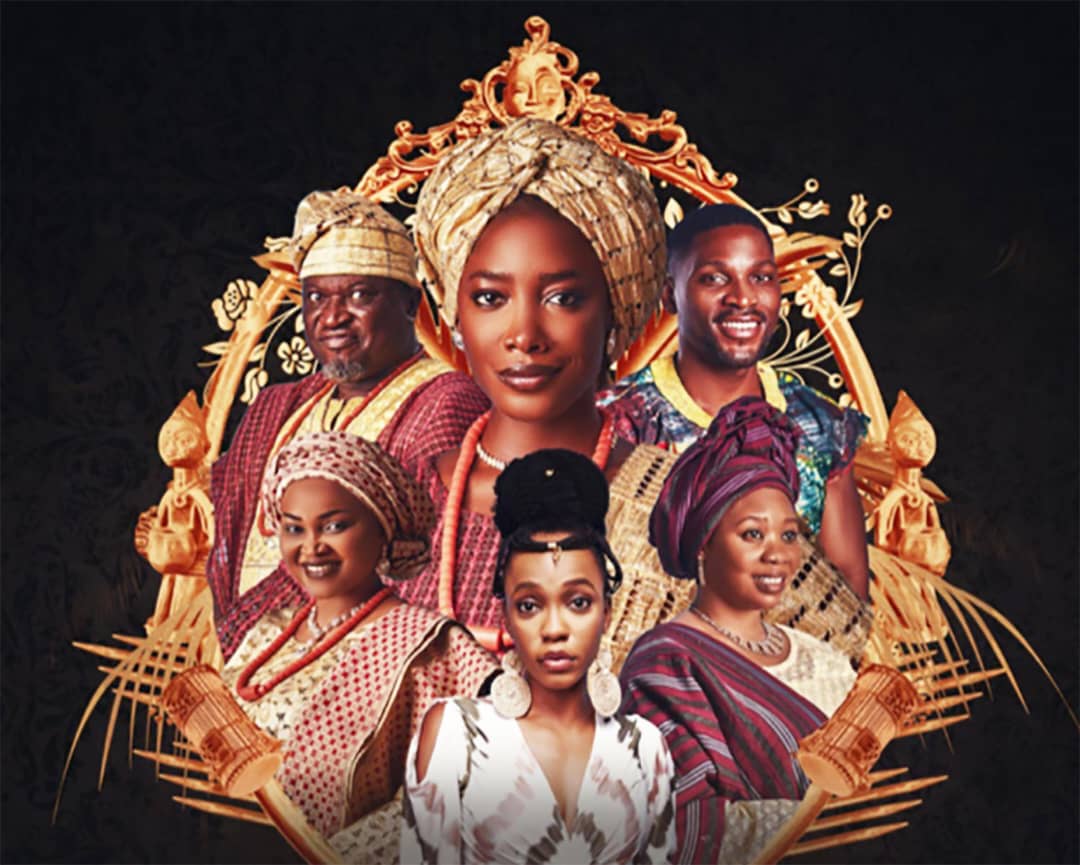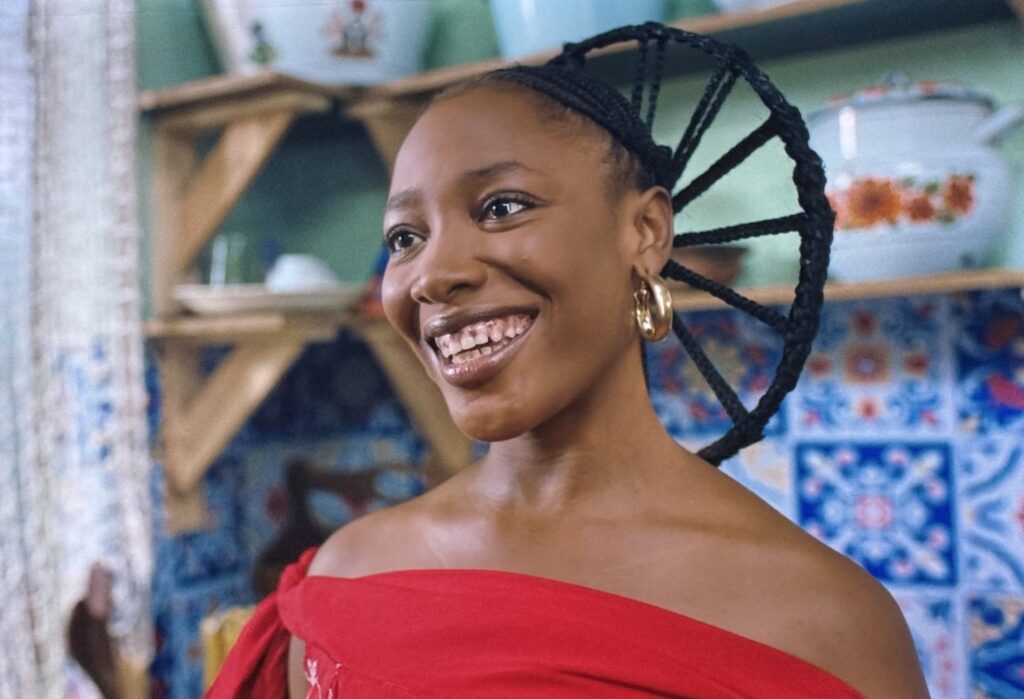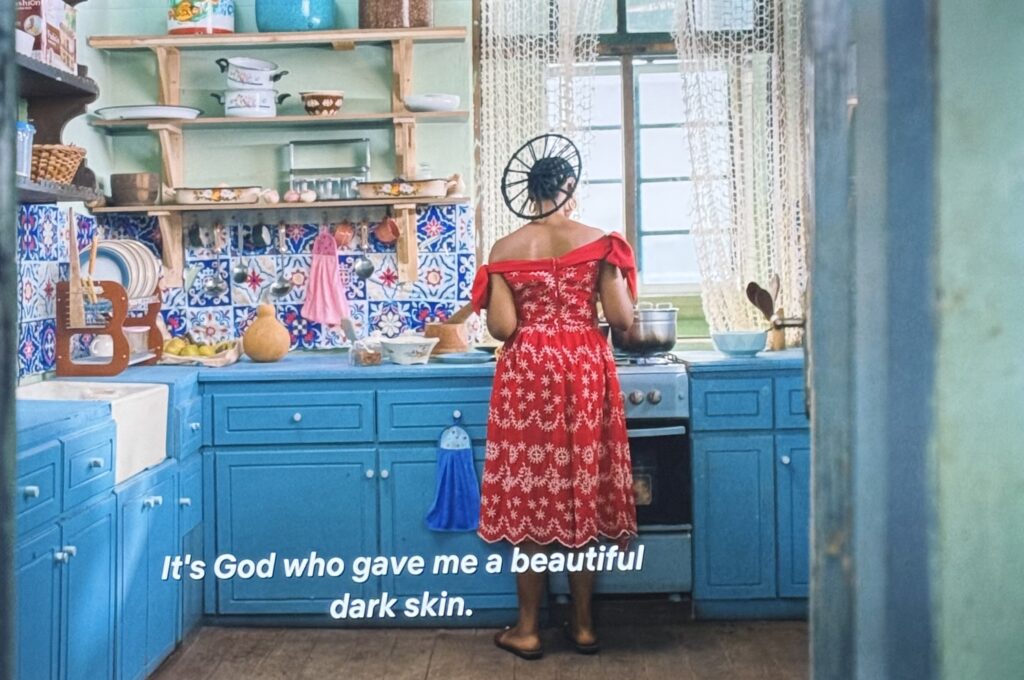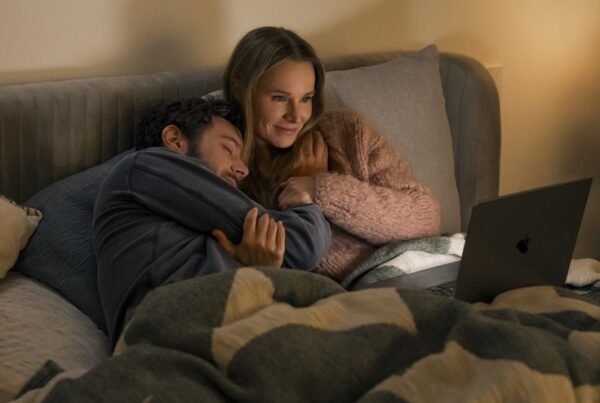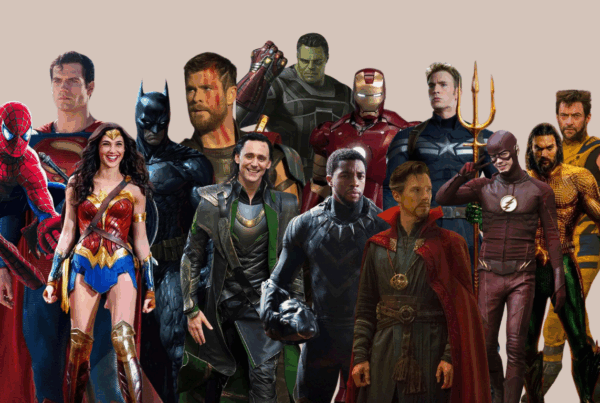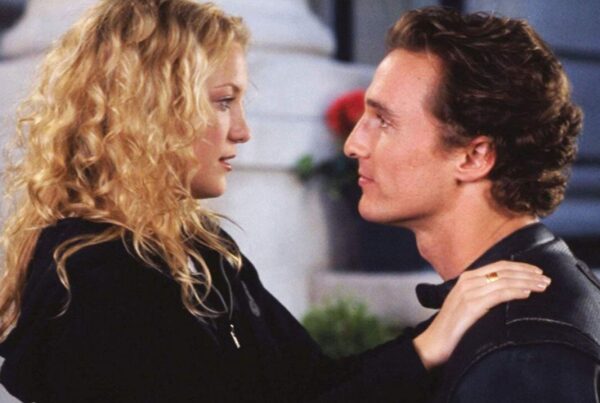It had the promise, the beauty, and the buzz. But somewhere between the CGI ghost and the endless foreshadowing, The Farmer’s Bride lost its way.
Last year, The Farmer’s Bride premiered in 2024, but like most people, I didn’t get to see it until Netflix dropped it this week. And suddenly, it’s everywhere again. The buzz is loud enough that if you didn’t know better, you’d think it was a brand-new release.
With an 8.4 IMDb rating, a period-drama setting in southern Nigeria, and a cast that includes Tobi Bakare, Efe Irele, and Mercy Aigbe, expectations were high. The premise? Brilliant. The execution? Not so much.
I mean credit to the director for the cinematography. Gorgeous. The shots evoked the “olden days” in the best way, with soft tones, beautiful scenery, and costumes that were, for the most part, a feast for the eyes. I mean, some of the costumes were historically inaccurate, but yes, I mean, the cinematography was excellent. However, the movie itself-I’m not sure if it was the pacing or the unrealisticness of it, but something was off.
Too much and too little all at once
Early on, we see Funmi sitting with her mother before the wedding, confessing she wants to go to school instead of marrying Odun. Great start. But that thread never comes up again. The entire education subplot, which could’ve added so much depth, evaporates.
Then there’s the uncomfortable sex scene, and suddenly we jump to the kitchen scene, where she suddenly starts hating on her in-law, Morenike, for no reason. No buildup. No context. Just instant hostility. The same problem persists throughout the film, where the movie tells us things rather than showing us, so that we can understand and build emotions around it.
And let’s talk about Femi, who dropped out of university to carve wood. Be serious. There were so many realistic ways to write that. The school could have been on strike; he could have just finished school and decided to use his degree to build an actual business in wood carving, or pursue any other endeavor. But no, he just quits. Like he’s a small-minded man with no ambition, who in the hell finds that attractive. I mean, that should have been explored within the movie. Imagine pairing a woman denied education with a man who willingly abandons his. The irony writes itself.
Also, how and when did they fall in love? There’s no buildup, no emotional connection, no chemistry, no intellectual connection. Is the only selling point that he is younger? I mean, the husband, Odun, dyed his hair to look younger for her, which is a good thing. Because I really didn’t get it. Like, even when they kissed for the first time, I didn’t see the jump to that kiss except that it was written to happen.
Meanwhile, Banke disappears halfway through like she was never part of the story. Weren’t they dating? What happened there? Poor character development everywhere.
Madness, Chaos, and Everything Else
The dinner table scene? Deeply uncomfortable. The husband stared at the mother, Femi, and Funmi playing their games; it felt deeply disturbing. And God, the foreshadowing — too much. From the deadly potion to the baby ritual to the wooden statue, everything is so heavily hinted at that you can predict the ending before it happens. There’s a fine line between clever buildup and spoon-feeding, and this script crossed it.
Let’s give credit where it’s due: the CGI fire is cool, but the CGI baby disappearing and Odun or the scarecrow flying, what in the CGI is going on?! I mean, shout out to Nollywood for better execution, but I must say that was just weak. I loved that they decided to have Odun act as a ghost for the rest of the movie.
Also, a minute for the hairstylist, I mean the hair when she was cooking the poisoned food for Odun, that was iconic. I mean, check it out.
I love when karma circles back, and The Farmer’s Bride did have a few poetic moments, like when Femi mocked her for poisoning her husband, only to be killed by the same poisoned food later. Awesome!
But the rest? A spiral of chaos. The mother’s obsession with Odun only makes sense after his death, when she goes full-blown deranged. Hugging Funmi’s belly, and also the weird conversations afterward, I mean, their relationship didn’t seem creepy until his death. Like, it’s more realistic to want your own husband to be reincarnated, not your brother-in-law. It’s all just… unsettling.
Then Banke reappears, having gone to Lagos after sending pictures to Glamour Magazine, which has a “branch in Lagos.” I mean, they did blur the magazine, credits to them, but couldn’t they find an actually African or Nigerian magazine to support? And yes, Banke is the face of Drum magazine; at least they recovered from their mistake.
And Femi, forget it. He’s a brave man. To be opening cheating and still eating Funmi’s food knowing fully well that’s how she poisoned her previous husband. That’s courage even I can’t fake.
Now, the ending was well deserved, but the killing scene of Banke, something was just off. She didn’t appear immediately. Femi and Funmi talked about killing him, but at least a minute after. Was she processing what they said? Because what they tried to portray as a gut reaction was just too slow in execution. Also, Funmi killing Banke, I mean, we knew she was a cold-hearted killer, but yes, that was great for her character arc, which made it easier and well-deserved to watch her die.
But did Funmi have to give Femi the love portion?! I mean, they already killed twice together; she had effectively killed Femi’s other love interest, and he was successfully stuck with her. There was no reason for the love portion, except that the writer just wanted them to die.
So yes, Femi reacts badly to the love potion and dies from it, but not before he kills Funmi. I have to ask, though, did the baby in her belly have to die? I mean, that was Odun reincarnated, and she was far gone so that the baby could have survived. But yeah, let’s blame the lack of proper medical care. And the mother, Morenike, suffered the most significant loss, with everyone dying except her, and no baby to comfort her. A perfect tragedy.
Final Thoughts
The Farmer’s Bride had everything it needed to be great — the cast, the concept, the cinematography. But what it lacked was the glue: believable motivation, emotional logic, and “great” writing. It’s not a bad watch, but I wouldn’t watch it again.
Verdict:
⭐️⭐️⭐️☆☆ (3/5)
Watch for the visuals, skip for the logic.

